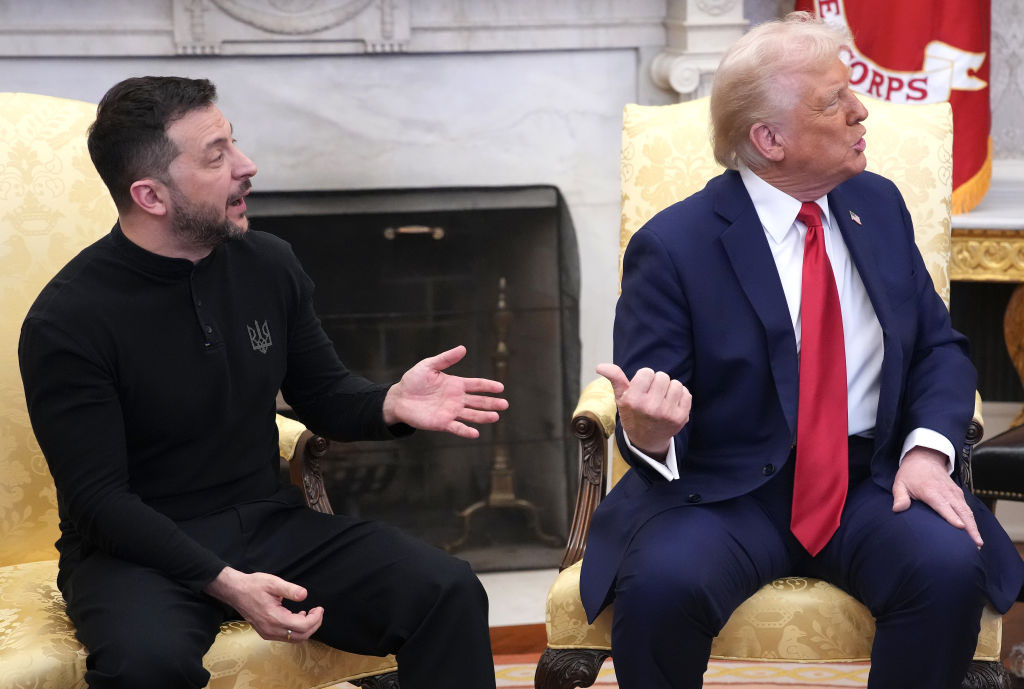
America Pulls Back
The question arises whether America’s involvement in other parts of the world will be affected by the growing rupture between our country and our age-old Atlantic allies.

Dan Schnur is the U.S. Politics Editor for the Jewish Journal. He teaches courses in politics, communications, and leadership at UC Berkeley, USC and Pepperdine. He hosts the monthly webinar “The Dan Schnur Political Report" for the Los Angeles World Affairs Council & Town Hall. Follow Dan's work at www.danschnurpolitics.com

The question arises whether America’s involvement in other parts of the world will be affected by the growing rupture between our country and our age-old Atlantic allies.
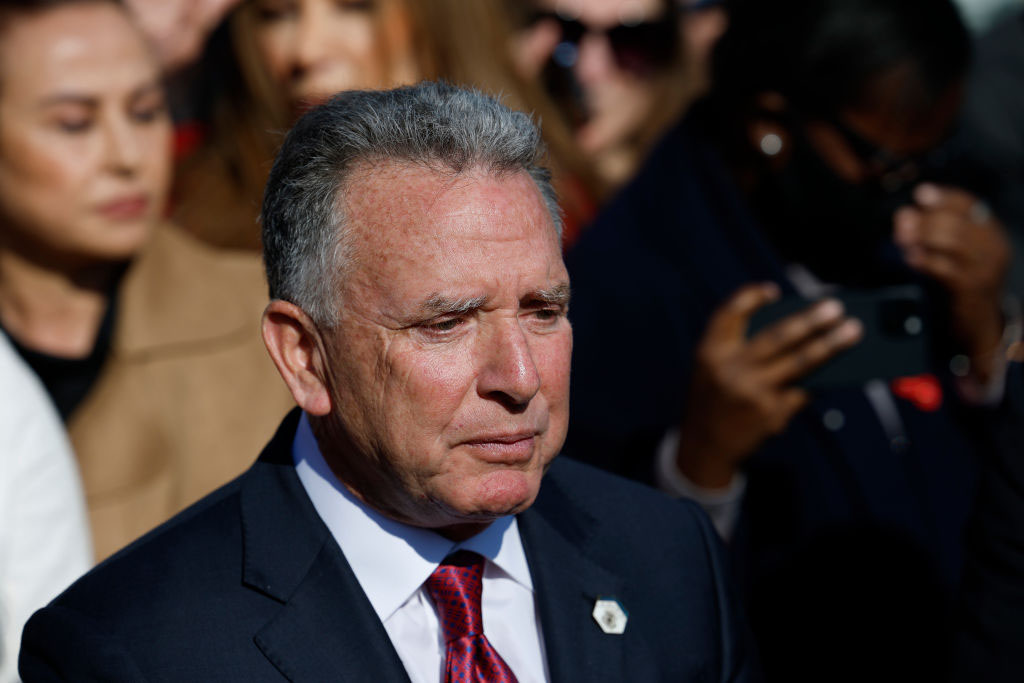
Witkoff’s job has only become more difficult over the last several days, as Hamas’ escalating mistreatment of their captives finally reached a breaking point for the Israeli government.
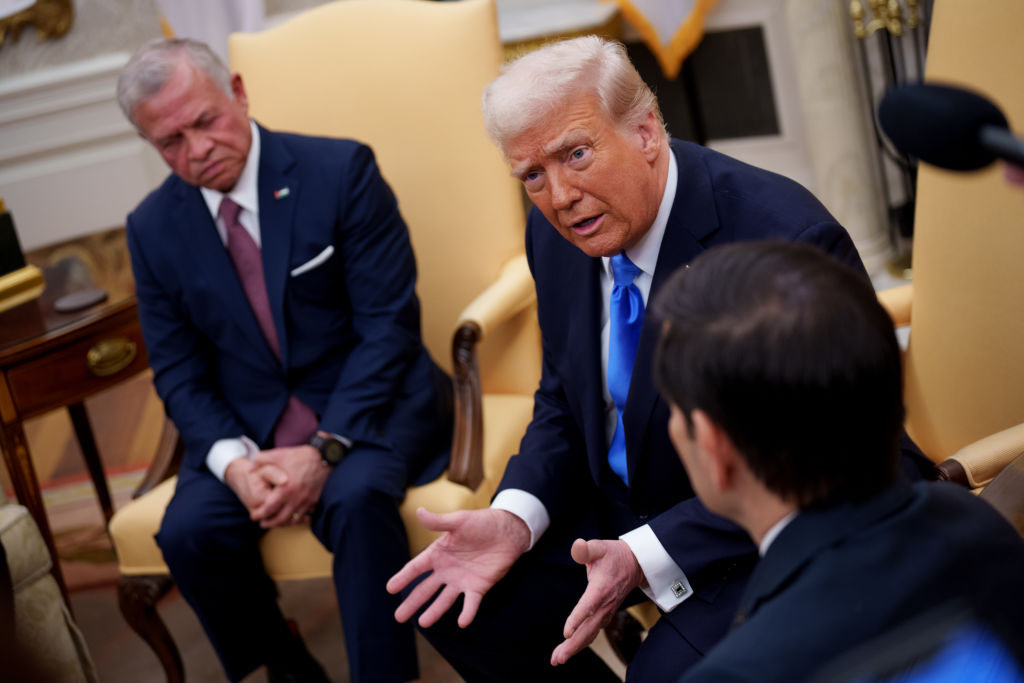
Watching Egypt’s next steps in the weeks ahead may finally give us a sense of what post-war Gaza might become.

The catastrophe in Gaza is not another Shoah, but even this shadow of that tragedy still violates our defiant and mournful promise, “Never again.”
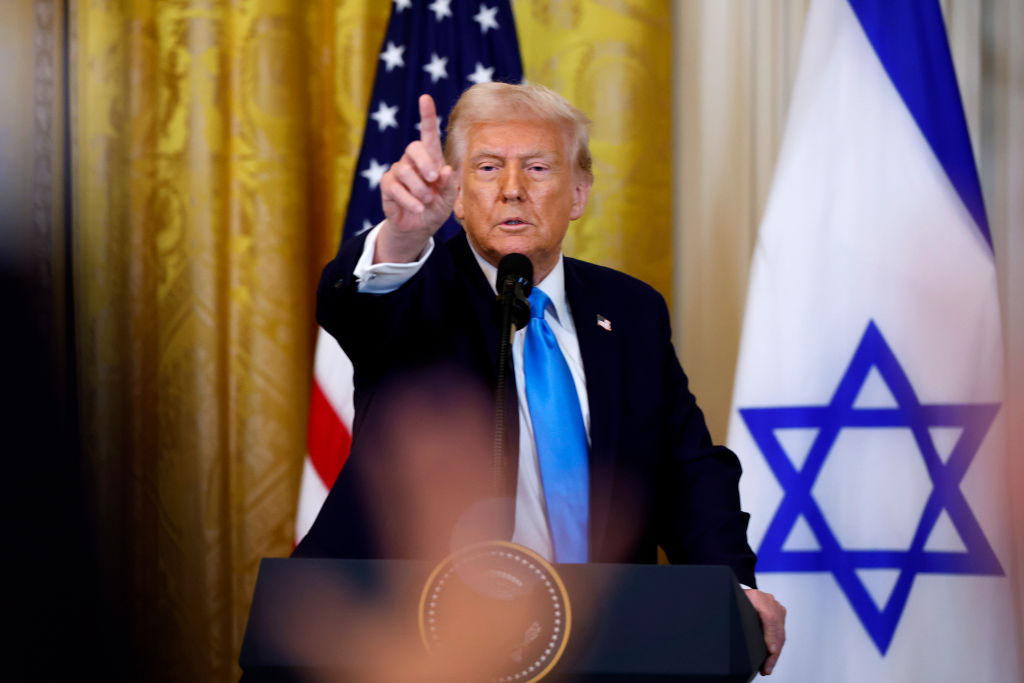
Most readers will find this to be a deceptively easy question to answer.


Even as we rejoice the return of the first few hostages, it is impossible to calculate how much we don’t know about the embryonic ceasefire agreement between Israel and Hamas.
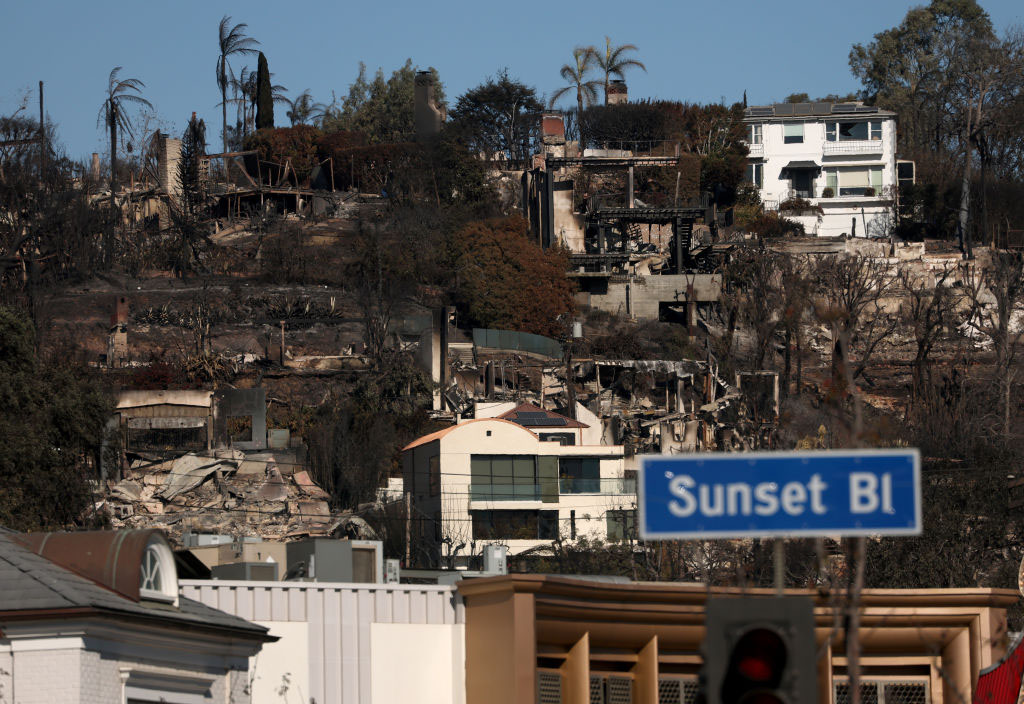
As we become more isolated from each other in our communities, as we spend more time with screens than with neighbors, it’s not surprising that we would worry less about how our behavior impacts the lives of others.

The international condemnation that Israel has faced since last Oct. 7 has convinced at least one smart Israeli leader that the lack of a meaningful public advocacy strategy is no longer acceptable.

My resolution this year is to be a better listener, especially of those with whom I disagree.
 More news and opinions than at a Shabbat dinner, right in your inbox.
More news and opinions than at a Shabbat dinner, right in your inbox.